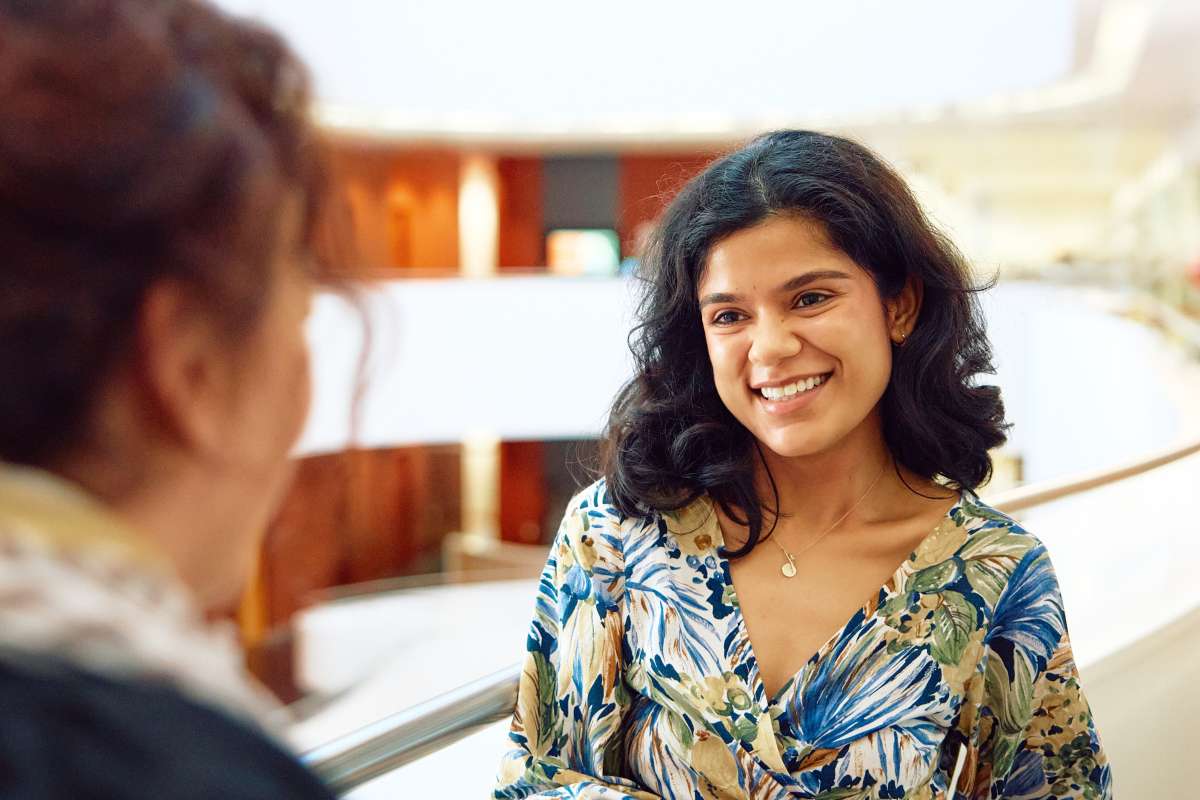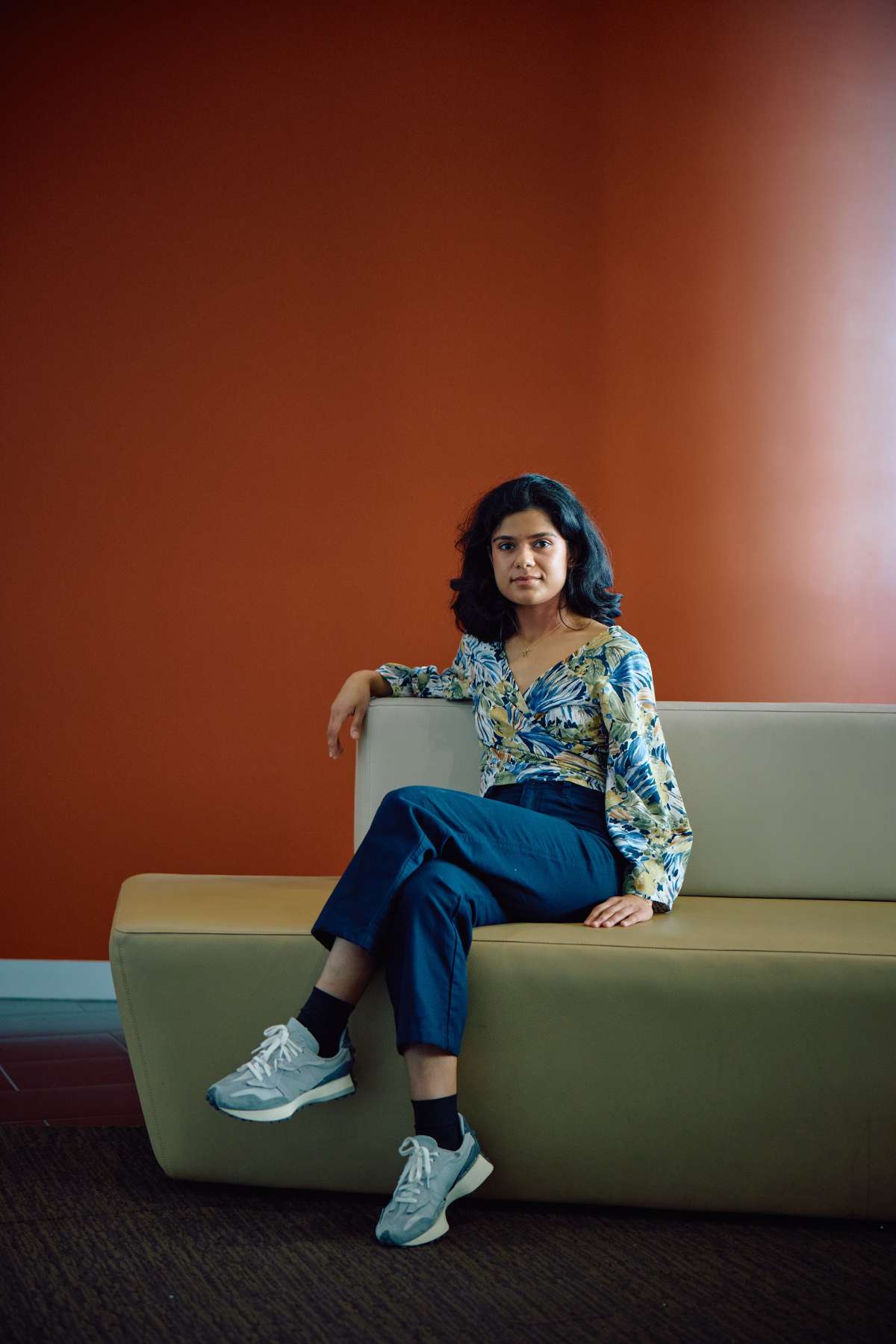Phoenix Central Park Ignites Creative Vision
Creativity thrives in times of crisis. From pain comes creative expression and innovation, new ways of viewing the world and of living in it.
For the latest news and updates, subscribe to the MADE Newsletter
Australia will soon be another doctor richer thanks to the recipient of the FDC PhD scholarship at the University of Sydney’s Charles Perkins Centre. For more than three years now, Reeja Nasir has worked tirelessly on her PhD, which delves into childhood obesity and cardiometabolic health, two pressing concerns that hold the wellbeing of future generations in the balance. The scholarship aims to open doors for a student who, as a result of social or financial disadvantage, would otherwise not have the opportunity to showcase their brilliance. Reeja is a key example of how education and support can transform academic potential into life-changing outcomes; her work aims to one day influence interventions that can alter children's lives for the better.
A pathway to success
Growing up in a single-parent household, Reeja always worked hard, juggling part-time jobs around her tertiary education to help provide for her mother and two younger brothers. Academically-minded from a young age, she was the recipient of other merit-based scholarships at school, including from The Smith Family. “The Smith Family invited me to a charity event as a speaker, and one of the things they highlighted is how education provides a pathway for people to change their life and the lives of their family. It doesn’t matter where you end up or what you pursue, supporting learning is the most important thing; encouraging, rather than putting barriers in place,” she recalls.
The $150,000 FDC scholarship has not only helped relieve Reeja of the financial burdens often associated with postgraduate studies but also validated her merit. “It’s been an incredible honour to have received the scholarship and to know that others saw potential in me and my ideas. Of course, it’s also made a huge difference to my postgraduate studies; a PhD is a full-time job and I’ve been working on it for three and a half years! I’ve had the time to really focus on my work, as opposed to having to juggle many different jobs to fund my PhD, which is the story of so many PhD students,” she says.

A multifaceted approach to research
Reeja's research delves into the intricate issue of childhood obesity and its long-term impact on health. It is a multifaceted problem, intertwined with societal infrastructure and resources. “One of the amazing things about the area of research that I work in is how childhood health can shape a person's future down the track. And infrastructure—the resources that we have access to—plays a really important role in this, whether it's having a building that you can go see your doctor in, or having a facility in which to exercise. So FDC being a construction company and actively creating that infrastructure, makes their scholarship even more interconnected than they may realise,” Reeja explains.
Her project involves a follow-up study of children who were part of a clinical trial examining various modes of health communication to prevent excessive weight gain early in life. The investigation not only focuses on body mass index (BMI) but also on behaviours related to weight management, such as physical activity, diet, sleep, and the family environment. With the data collection phase completed and analysis underway, Reeja aims to submit her findings for publication soon. This work sheds light on early-life exposures affecting heart health, offering insights that could influence future public health strategies. "At FDC, we believe that empowering individuals through education is one of the most impactful ways to create positive social change,” says Ben Cottle, FDC Founder. “The scholarship is designed to support individuals like Reeja, who demonstrate immense potential, by providing an opportunity to foster innovation and progress, particularly in critical areas such as health research, leading to outcomes that benefit society as a whole."
The future’s bright
So where is Reeja at now? “First and foremost, my goal is to finish my write-up and to submit my PhD. I'm aiming to do that this year and I'm hoping to continue to work at the Charles Perkins Centre within the field of cardiometabolic disease,” she explains. “I am part of a team that explores how exposures in pregnancy can shape a child’s later-life risk for non-communicable disease such as heart disease. My aim is to funnel my energy into future projects like this and continue to make an impact in the early prevention space.”
Prior to her PhD, Reeja worked as a research assistant. The academic recognition of a PhD, however, opens doors to larger projects, grants, and a community of researchers—opportunities that might be scarce without such qualifications. Beyond its direct effects on Reeja’s academic career, the scholarship addresses a broader societal issue. Higher education and advanced research opportunities are often limited to those from affluent backgrounds. By enabling Reeja to pursue her PhD, the scholarship contributes to a more diverse and inclusive academic landscape, bringing fresh perspectives and ideas into the fold. “I’m so thankful to FDC,” she says. “That they funded this scholarship is such a wonderful venture. Because even more empowering than having the opportunity to complete my PhD, is having the encouragement of education generally. Because of this opportunity, I will become a doctor, and that will change my life.”

Image credit: Toby Peet